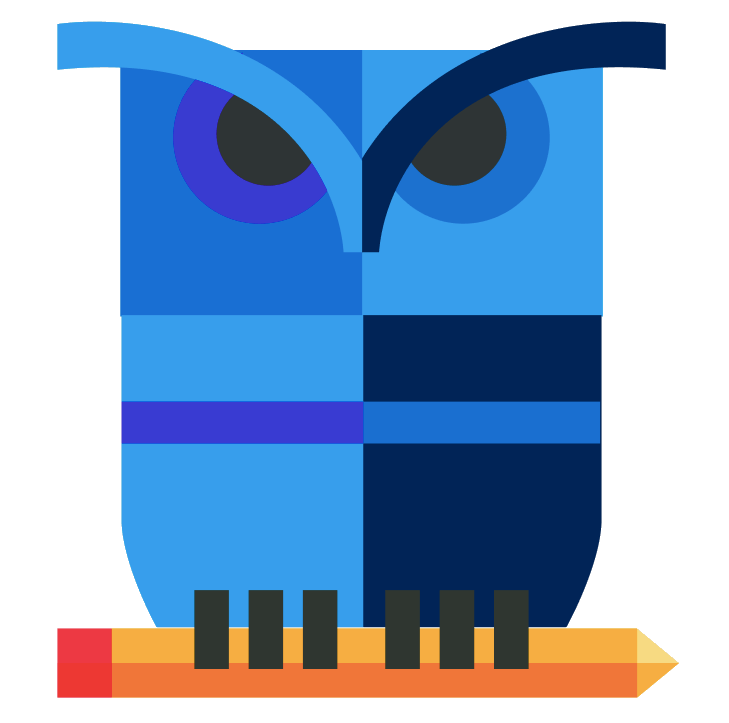C++ Programming
Syllabus
- Introduction to C++:
history, evolution, and features of the language. - Basic Syntax: data types, variables, operators, expressions, control structures, and functions.
- Object-Oriented Programming: classes, objects, constructors, destructors, inheritance, polymorphism, and encapsulation.
- Templates and Generic Programming: function templates, class templates, and the Standard Template Library (STL).
- Memory Management:
stack and heap memory, memory allocation, and deallocation, and smart pointers. - Exception Handling:
exception handling concepts, try-catch blocks, and throwing and catching exceptions. - File Input/Output:
reading and writing to files using the C++ standard library. - Standard Template Library (STL):
containers, iterators, and algorithms. - Advanced Topics:
templates, namespaces, and advanced features of the language. - Debugging and testing:
tools and techniques for debugging and testing C++ code.
Note: The course may be subject to change based on the student’s understanding of the course and the instructor’s discretion.
C++ is a powerful and versatile programming language that is widely used in the software industry. It is an extension of the C language, adding object-oriented and generic programming features to the core language.
One of the main advantages of C++ is its ability to handle low-level memory management, making it a popular choice for system programming and game development. It also allows for the creation of complex data structures and algorithms, making it a popular choice for scientific and mathematical applications.
C++ also includes a wide range of standard libraries, including the Standard Template Library (STL), which provides a set of common data structures and algorithms. This allows developers to quickly and easily implement common programming tasks, such as sorting and searching, without having to write their own code.
Another advantage of C++ is its cross-platform compatibility, meaning that code written in C++ can be easily ported to different operating systems and hardware architectures. This makes it a popular choice for creating software that needs to run on multiple platforms.
However, C++ can be difficult to learn and master, especially for those who are new to programming. Its complex syntax and memory management features can make it challenging to write efficient and error-free code.
In conclusion, C++ is a powerful and versatile programming language that is widely used in the software industry. It offers low-level memory management, a wide range of standard libraries, and cross-platform compatibility, but it can be challenging to learn and master.




